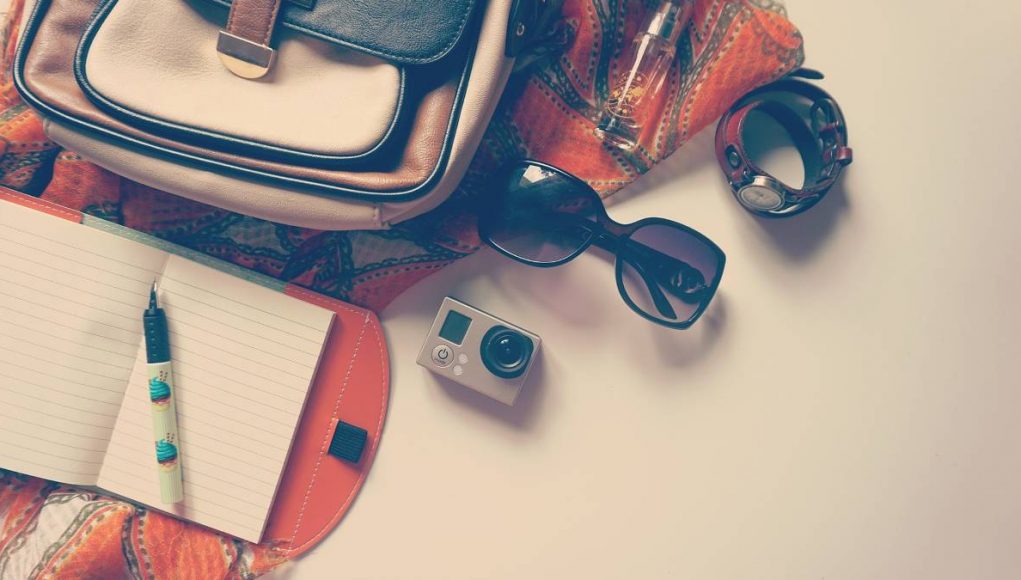Having the heart of an adventurer and feeling the desire to explore is one thing, but having experience traveling is entirely another. Demanding jobs and meager PTO often limit the time people get to spend visiting new places, even though travel can provide meaningful learning experiences and opportunities to grow. Opening your eyes to alternate ways of life, seeing different natural landscapes, and learning how to navigate or communicate in new environments are powerful personal tools to add to your repertoire that only a firsthand experience can provide. If you feel the need to scratch your travel itch but don’t know where to start, don’t fret. Whether you want to cannonball into the world of travel, earn a few stamps in your passport, or dip your toe in, here are a few foolproof tips to help you get started.
Try a travel-heavy career
Working in the healthcare industry isn’t known for being accommodating to travel-seekers. After all, hospitals don’t get to close down on weekends and holidays. Exhaustingly long twelve-hour shifts and unpredictable schedules make it difficult to plan even a weekend trip. But what if travel is part of your job? Employment sites like Fusion Marketplace make it easy for healthcare workers to find contract employment for a shorter time, making jumping from place to place a breeze. What better way to collect travel experience than to choose a job that launches you into new environments?
Learn the lingo
Traveling to new spaces, both at home and abroad, likely means being exposed to various languages. Research the dominant languages spoken in the areas you’ll be visiting so you know where to start. Learning basic phrases like please and thank you are vital, as are longer terms like “Can you help me?” and “Where is the bathroom?” Even if English is the primary language spoken in the areas you’ll be traveling to, it doesn’t hurt to look up the regional lingo and have a few phrases on hand. Improving your communication can only benefit you in the long run.
Travel slowly
Running to and from airports, trains, and taxis leaves little time to explore. Use larger forms of transportation only when necessary and opt for slower methods of travel whenever you can. Traveling at a slow pace will help you get to know the area you’re visiting more intimately. Walking and biking are incredibly conducive to soaking in the local sights, smells, and culture. Getting in some additional exercise can be stress-reducing while fighting for a taxi is anything but relaxing.
Take tips from locals
Local highlights are popular for a reason. Highly buzzed-about restaurants, attractions, and natural sites can be worth visiting, though they might feel like a tourist trap. If you’re looking for the best-kept secrets around, strike up a conversation with some locals and ask for recommendations. You’re almost always guaranteed to discover a hole-in-the-wall dinner spot or an exciting park that’s a favorite among the local crowd.
Pack light
There’s nothing worse than lugging around a suitcase or backpack that feels like it’s carrying a ton of bricks, only to use a few of the things that you packed. Overpacking can feel like you’re preparing for any situation that life could throw at you, but realistically, traveling requires only a few necessities. Cut down on the clothes you bring by picking versatile pieces and washing them while you’re traveling. Plus, packing light means more room for cool souvenirs and gifts you find along the way.
Wrap up
Finding career options that incorporate traveling as part of the job makes exploring new territory as simple as going to work. Taking time to slow down, learn from the locals, and packing only what you need are great starting points for becoming a pro traveler.






